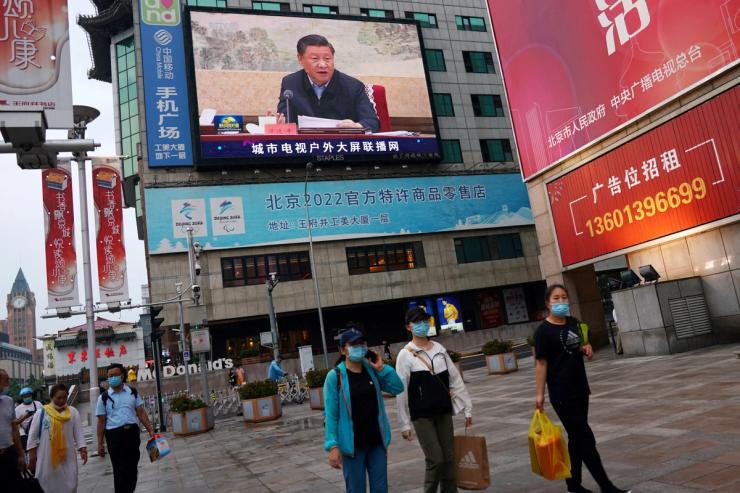The News
Veteran foreign correspondents who left China years ago have returned in recent months to find the country in a state of “involution” — what they attribute to the country’s late reopening post-pandemic, heightening tensions with the U.S., and growing state surveillance.
SIGNALS
Despite its reopening, China remains in a state of self-isolation• 1 and stagnation, according to Ian Johnson. “The government’s pursuit of total control has set the country on a path of slower growth and created multiplying pockets of dissatisfaction,” wrote Johnson, a former Beijing correspondent for The Wall Street Journal and other outlets. Even amid worsening economic problems, national security always appeared to be top of mind, he noted, observing ordinary citizens immersed in “Xi Jinping Thought.” In China today, he concluded, there are few signs of “self-critical reflection.”
Foreign Affairs, Xi’s Age of Stagnation
Beijing should stop obsessing over supposed efforts• 2 by outsiders to undermine its power, Howard French, a columnist for Foreign Policy wrote, making similar observations during a summer visit to Shanghai to those made by Johnson. French added that the Communist Party will only inevitably fall apart if Beijing fails to “reform in step with the desires of the country’s own population.” French also notes that China — and the U.S. — needed to “rehumanize each other” to end polarization between the two.
Foreign Policy, Almost Nothing Is Worth a War Between the U.S. and China
China’s 40-year boom is over• 3 , The Wall Street Journal reported, with the country entering an era of much slower growth, spurred by a demographic crisis and a widening divide with the U.S. and its allies. Yet Chinese leadership is fearful of undertaking U.S.-style measures to boost the economy — like empowering individuals to spend more and save less — as such decisions would undermine state authority.
The Wall Street Journal, China’s 40-Year Boom Is Over. What Comes Next?



